How US’s soft war against China fueled Daesh resurgence in Afghanistan
By Julia Kassem
On October 6, Omer Kanat of the US-backed Uighur World Congress, published an op-ed urging the US to “reject China’s narrative on terrorism.”
In the op-ed, Kanat labeled China’s 2001 terrorist designation of the East Turkistan Islamic Party as a “cynical move,” an internationally recognized listing that came as a result of hundreds of casualties from attacks from the Uighur separatist extremism throughout the 1990s and 2000s.
Two days later, a Uighur terrorist blew up a mosque in Kunduz in a northern Afghan province, killing 100 members of the Hazara Shia minority.
A statement on Daesh (ISIS) from its platform, Amaq, claimed responsibility and identified the suicide bomber as Muhammad al-Ughuri, vowing to conduct more attacks against the Shia.
The statement also added that the act was in response to the Taliban’s deals with China to expel Daesh from Afghanistan. Both this vow and it’s stated motivation made clear that geopolitical motives had underpinned the attack; both against Iran, Afghanistan’s neighbor that had successfully thwarted Daesh in West Asia, and China.
In the last decade, China had found that Uighur militants used Turkish passports to pass through Central Asia, where they would then enter militant training camps in Afghanistan and Pakistan. ETIM likely incubated in Afghan-based training camps, where Beijing believes it has its headquarters.
As the ETIM has collaborated closely with the Central Asian branch of Daesh, they also sent their fighters to fight alongside Daesh in Syria. It is known that tens of thousands Uighur militants had worked alongside Daesh in Syria, where years later, they had presented a reasonable danger to China after 2018 as Daesh had been essentially defeated in the Levant. Daesh-K, the Afghani offshoot of Daesh, first took root in Central Asia and Afghanistan in 2014, when Daesh expanded into Iraq and Syria and gave the US its pretext to reoccupy Iraq.
The two terrorist groups share identical goals; Daesh declared its war against Beijing on the pretext that Beijing is mistreating its Uighur Muslim minority, recycling the narrative from al-Qaeda offshoots in Syria that accused the Assad government of widespread brutality and oppression that whitewashed and provided PR cover for the armed militants of the Syrian opposition who famously chanted, “Christians to Beirut, Shia to the grave.” Western liberal media, nonprofits operating as lobbying fronts for the most reactionary elements of these nations’ exile groups, and UK and US-based Muslim organizations whitewashed and gave a palatable PR makeover to the political narratives of Daesh and al-Qaeda’s campaigns against China post 2016 as they did with Syria after the Arab Spring.
Uighur separatism has an extensive lobbying history and presence in Washington, DC. While the ETIM was put on the US terror list by China’s request in 2002, a year after Beijing officially listed the Takfiri group as a terrorist organization, it was delisted in 2020. During that year, Mike Pompeo moved to place sanctions on China and the State Department backtracked its years-earlier sign-on to an international condemnation against the ETIM by claiming the movement simply “never existed.”
The East Turkestan National Awakening Movement is a lobby group founded in 2017, working alongside existing Washington-backed separatist lobbies such as the Clinton-era East Turkestan National Freedom Center and the Government-in-exile East Turkistan Government in Exile. The East Turkestan National Freedom Center was critical in pushing for hawkish policies against China in the Trump administration, resulting in a number of anti-China congressional bills and sanctions supported by Democrats and Republicans alike, thanks to propaganda that was marked for liberals and backed by Washington’s most seasoned war hawks. The East Turkestan National Awakening Movement was founded by former National Guard member Salih Hudayar, who is the Prime Minister of the so-called East Turkestan Government in Exile, who propagated ridiculous claims against China such as claims of “organ harvesting” and popularized falsified reports of the presence of alleged labor camps. The East Turkestan National Freedom Center was started by Anwar Yusuf Turani, a Saudi-backed Uighur separatist who lobbied Clinton to back Turkestan separatists in the mid-90s. His daughter, the northern Virginia based Duke University graduate Aydin Anwar, is a prominent propagandist for US ambitions in Xinjiang, marketed for Muslim college age and nonprofit circles.
Recent re-mobilization of the Uighur separatist effort against China will seek to establish a prominent foothold in Afghanistan through Daesh, reinforced by the last 4 years of lobbying that coincided with Daesh -and the US’s - focus eastward.
The Taliban, now recognized as the legitimate government of Afghanistan post withdrawal in August 2021 was inevitably the main dominant force in the waning years of the US occupation. While the Taliban had extremist factions backed at various times by the US, Saudi Arabia, a legacy of its origins as a US-backed proxy group against the Soviets in Afghanistan, the group had evolved into a pragmatic governing force whose recent negotiations with Iran and China, including a delegation to Beijing, essentially showed a stance of cooperation and coordination on China’s Belt and Road Initiative as well as a commitment to expelling Daesh-K from the country, just as they expelled the American occupation.
The American conditionality in its withdrawal from Afghanistan had been the infliction of maximum chaos and potential civil war. This was clearly seen with the stockpiling of US weapons the Taliban had in its possession from previous decades of support; consequently, the armed security that had been present at the Hazara mosque previously had been left unarmed and defenseless after the Taliban takeover. The immediate withdrawal and abandonment of the US proxy government and its associates, and the massive death toll at the Afghan airport with many murders coming from US soldiers along with the Daesh suicide bombing was not a botched and hasty exit strategy, but part of carefully curated chaos to signal to Afghanistan’s neighbors to expect the fruits of its chaos to spillover into their borders.
Former Afghan President Hamid Karzai, a US asset-turned-opponent, said that the United States was facilitating the growth of Daesh in Afghanistan years after the US’s trust in the Taliban, and increasingly then with the puppet Afghan government, in furthering US political objectives in Afghanistan began to break. Karzai mentioned unmarked helicopters aiding the terrorists, and, beginning in late 2017 and in throughout 2018 and 2019, Syrian, Afghan, and Russian sources, including the Russian Federal Security Service also reported sightings of US military copters evacuating ISIS militants from northeast Syria.
No group in Afghanistan today remains as much of a credible auxiliary support to US and NATO ambitions against China and Iran as Daesh-K, and by identifying the October bomber as a Uighur and the attack as a threat against Shia worldwide, Daesh is sending a clear message to both Iran and China. As Karzai said in 2017, the US’s objectives in Afghanistan have been complete for a while now; and its objectives are mainly regional. Though China and Iran have effectively cleared Daesh and other separatist terror from their borders since 2017, the fueling of Daesh in Afghanistan is designed to destabilize both and backtrack counterterror achievements of Afghanistan’s neighbors. This message reveals the clear geopolitical orientation and objective of Daesh in Afghanistan that is not aligned with the US on these foreign policy objectives by chance or coincidence, but by an intentional strategy with a wide history.
Julia Kassem is an Economics and Political Science graduate from the University of Michigan, currently working on a Masters in Urban Policy and Planning from the American University of Beirut. Julia is also a freelance writer, having contributed to Detroit's own Riverwise, Against the Current, blogs like the Establishment, and nationally syndicated outlets such as Counterpunch, Mintpressnews, and TruthOut.
(The views expressed in this article do not necessarily reflect those of Press TV.)
Israeli keeps killing more Palestinian civilians in Gaza amid relentless ceasefire violations
Aliyev: Azerbaijani territory will not be used for threats against Iran
Turkey arrests two on charges of spying for Israeli regime
Iran FM declares ‘good start’ as US–Iran talks conclude in Muscat
Iran strongly condemns 'terrorist' mosque blast in Islamabad
Iran enters talks backed by national power, popular support: MP
France, UK involved in assassination of Muammar Gaddafi's son: Reports
Shia mosque explosion in Islamabad kills more than 30, injures over 160



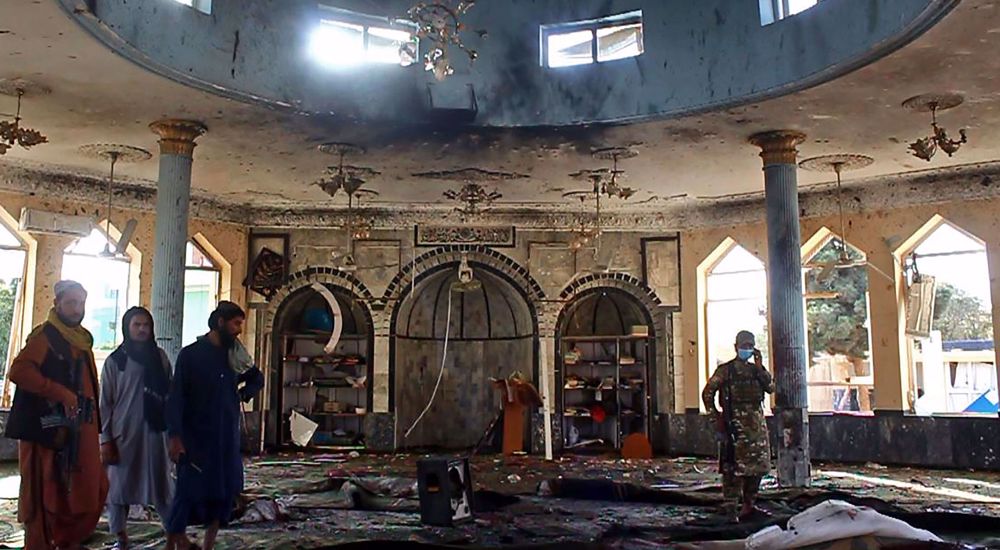
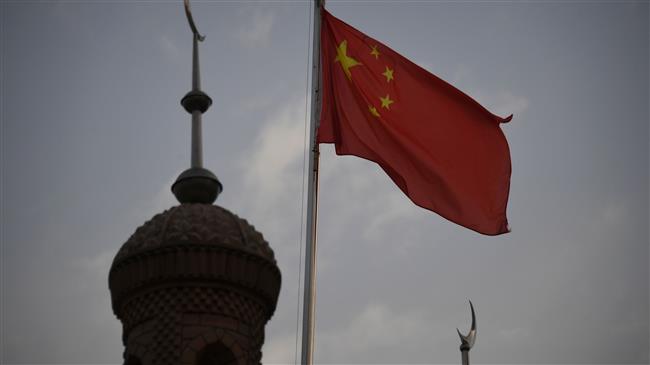
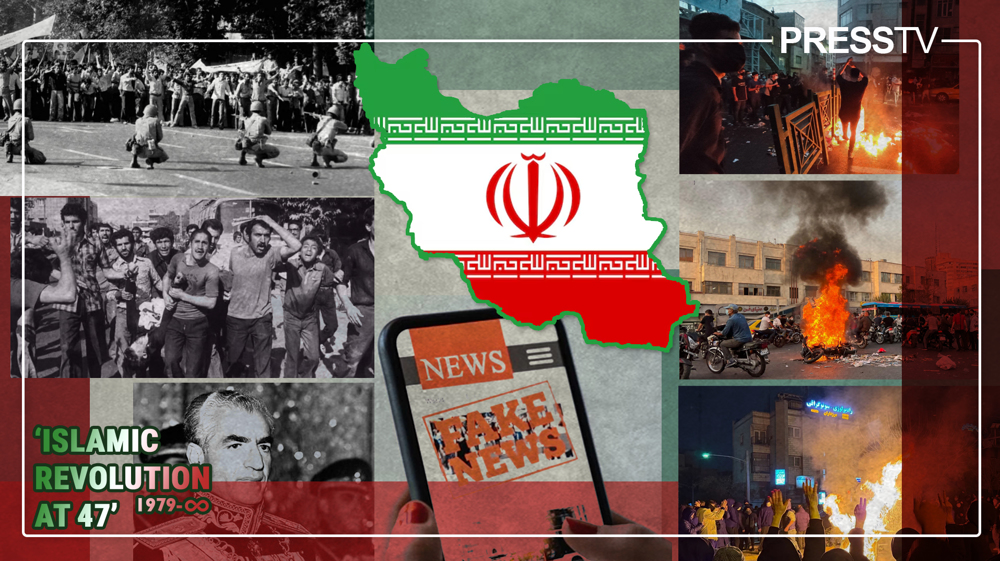
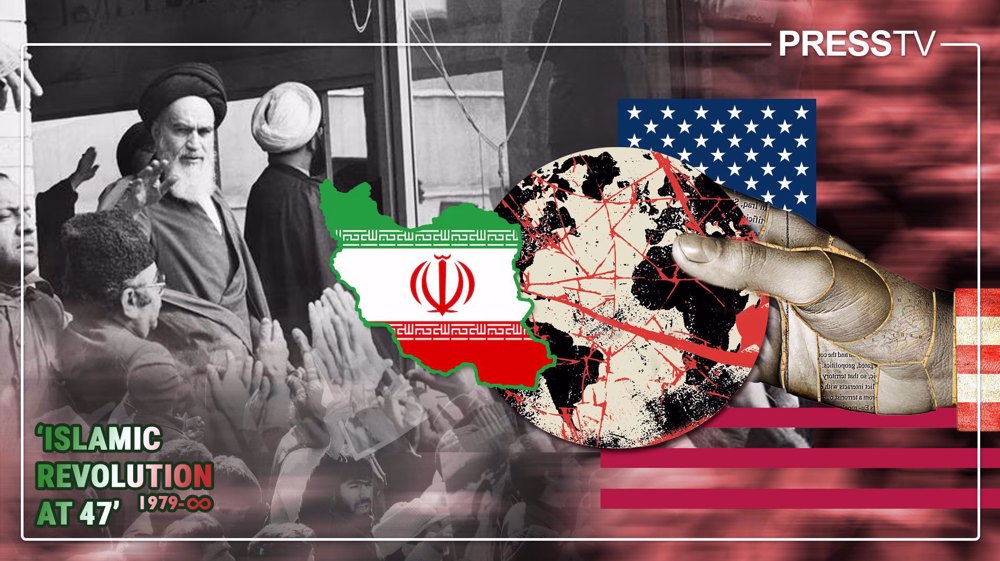
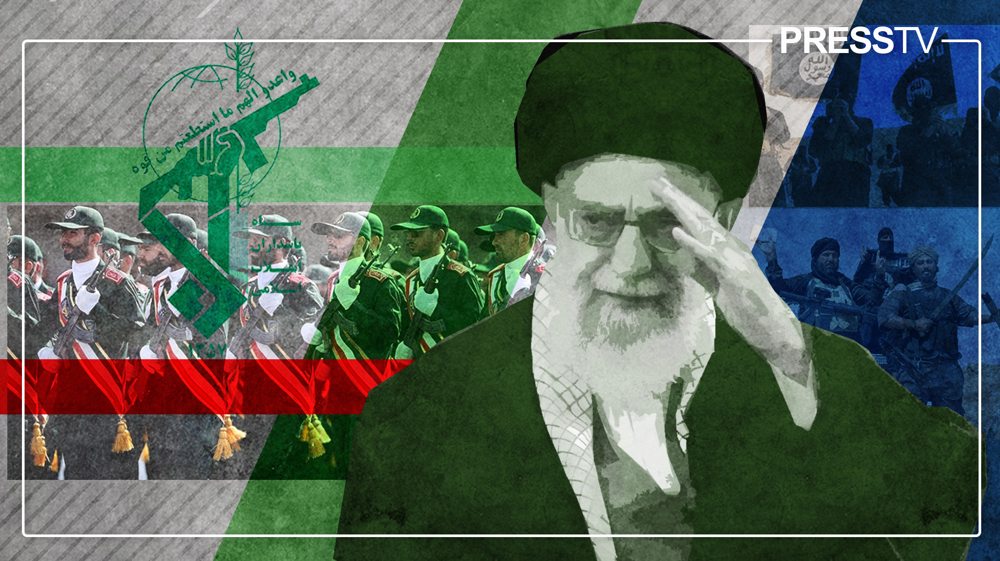



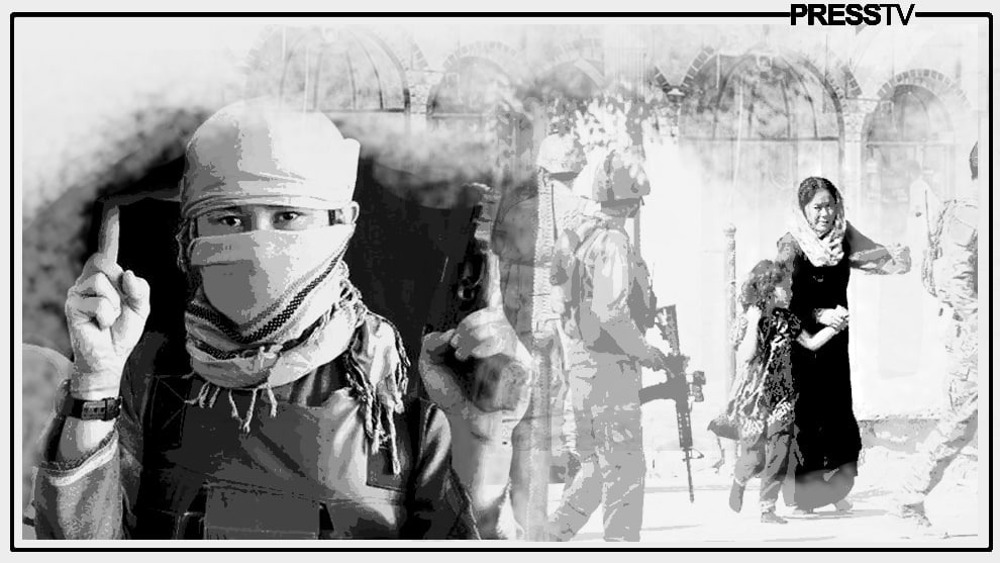
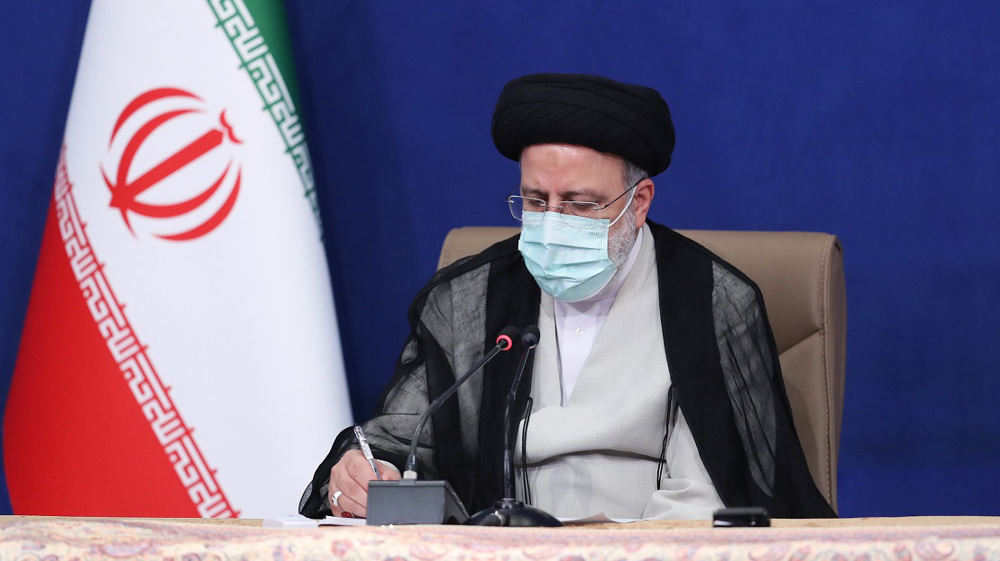
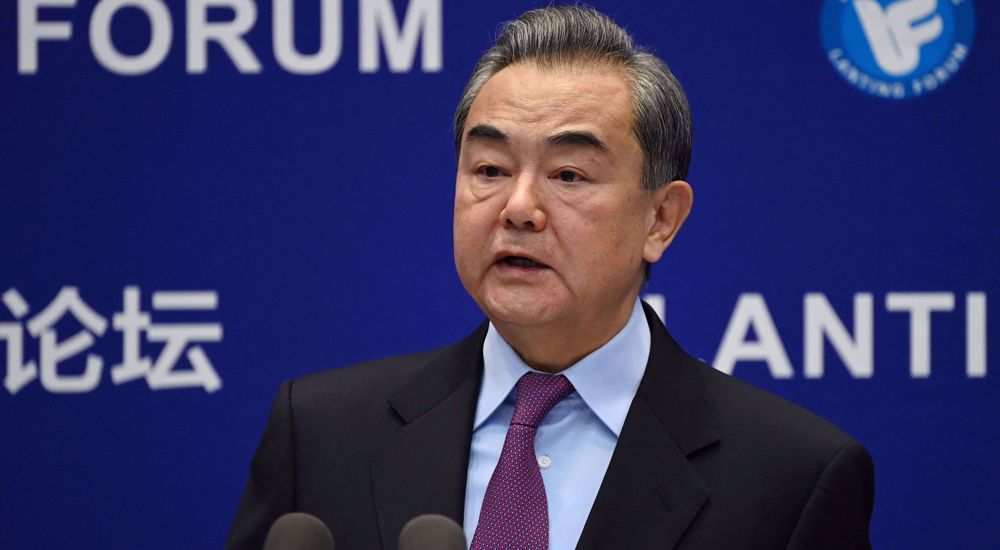
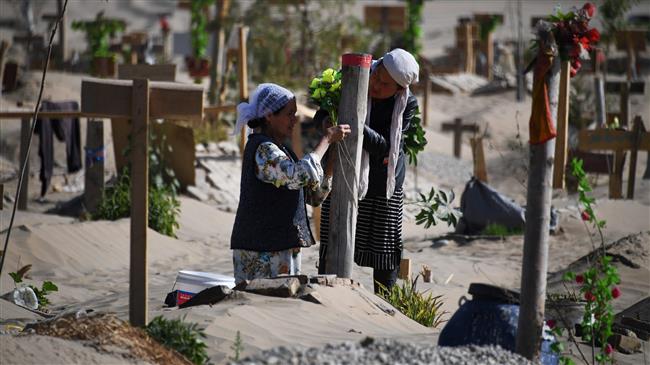
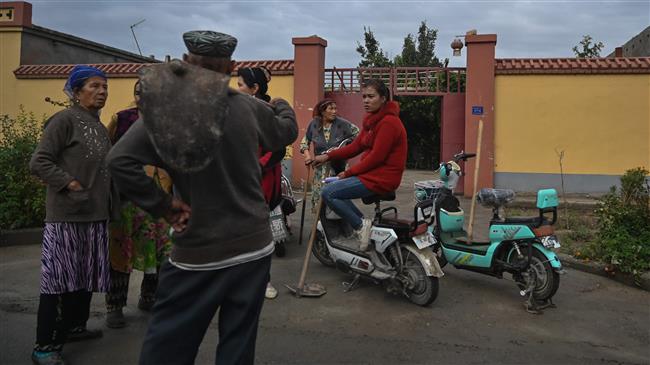

 This makes it easy to access the Press TV website
This makes it easy to access the Press TV website